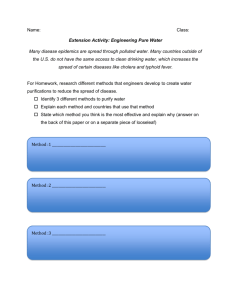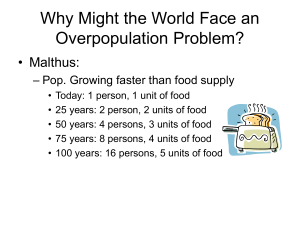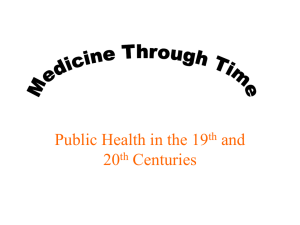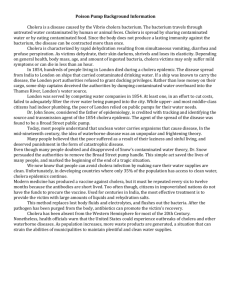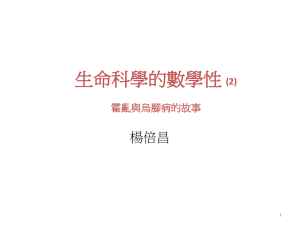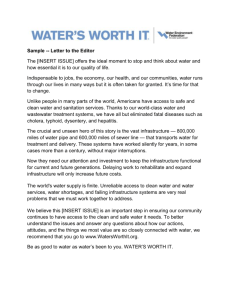DOC - Europa
advertisement
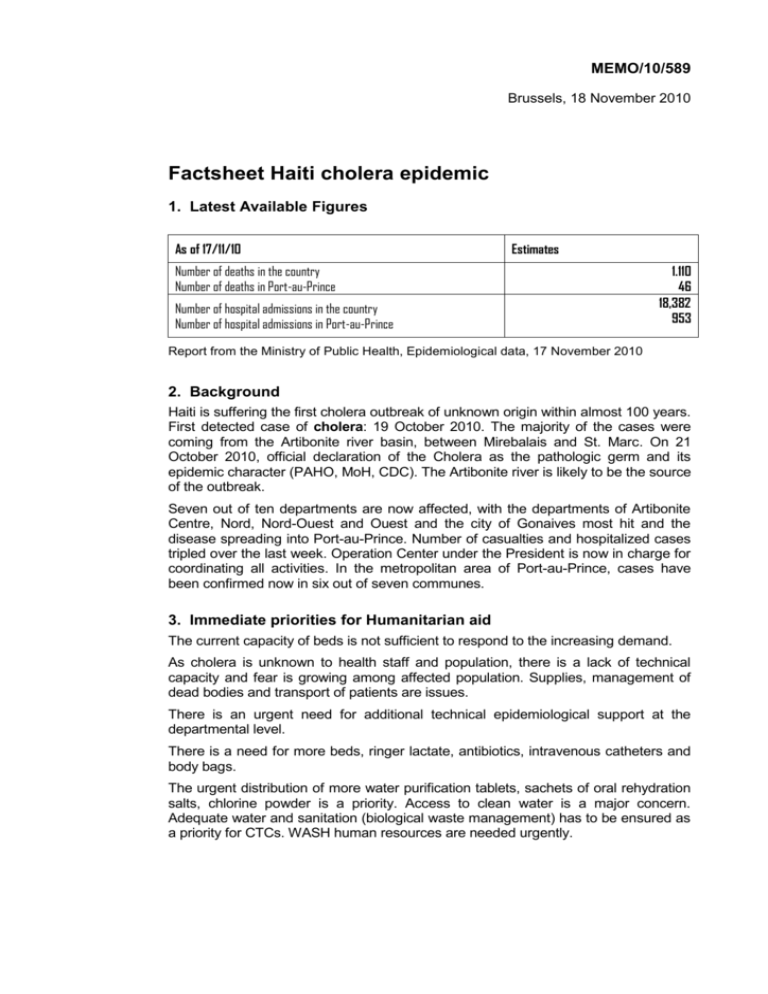
MEMO/10/589 Brussels, 18 November 2010 Factsheet Haiti cholera epidemic 1. Latest Available Figures As of 17/11/10 Estimates Number of deaths in the country Number of deaths in Port-au-Prince Number of hospital admissions in the country Number of hospital admissions in Port-au-Prince 1.110 46 18,382 953 Report from the Ministry of Public Health, Epidemiological data, 17 November 2010 2. Background Haiti is suffering the first cholera outbreak of unknown origin within almost 100 years. First detected case of cholera: 19 October 2010. The majority of the cases were coming from the Artibonite river basin, between Mirebalais and St. Marc. On 21 October 2010, official declaration of the Cholera as the pathologic germ and its epidemic character (PAHO, MoH, CDC). The Artibonite river is likely to be the source of the outbreak. Seven out of ten departments are now affected, with the departments of Artibonite Centre, Nord, Nord-Ouest and Ouest and the city of Gonaives most hit and the disease spreading into Port-au-Prince. Number of casualties and hospitalized cases tripled over the last week. Operation Center under the President is now in charge for coordinating all activities. In the metropolitan area of Port-au-Prince, cases have been confirmed now in six out of seven communes. 3. Immediate priorities for Humanitarian aid The current capacity of beds is not sufficient to respond to the increasing demand. As cholera is unknown to health staff and population, there is a lack of technical capacity and fear is growing among affected population. Supplies, management of dead bodies and transport of patients are issues. There is an urgent need for additional technical epidemiological support at the departmental level. There is a need for more beds, ringer lactate, antibiotics, intravenous catheters and body bags. The urgent distribution of more water purification tablets, sachets of oral rehydration salts, chlorine powder is a priority. Access to clean water is a major concern. Adequate water and sanitation (biological waste management) has to be ensured as a priority for CTCs. WASH human resources are needed urgently. Mass media should be more involved in sensitization on key issues such as the use chlorine to ensure safe drinking water and proper hand washing techniques. 4. Main Challenges for international assistance Civil unrest in Cap Haitian on 15 – 16 November has slowed cholera prevention and treatment supplies from reaching the area in the past three days. Cholera is spreading to Port-au-Prince at an alarming rate. PAHO (Pan American Health Organisation) anticipate 400,000 symptomatic cases in the months to come. The public health system is overwhelmed despite substantial support from international community. Additional international support is urgently needed to cover growing gaps in health, water, sanitation, hygiene and logistics. 5. Commission's Humanitarian Response European Commission Humanitarian Aid and Civil Protection Department (ECHO): has an office in Port-au-Prince. DG ECHO is currently allocating up to 12 million in new contracts and extensions of existing contracts to humanitarian NGOs in the affected areas. Three target areas have been defined: Haut Artibonite, North axis from Gonaives to Cap Haïtien and Greater Port-auPrince, where the outbreak is aggressive and health structures overwhelmed. Bas Artibonite where the cholera cases originated and seem nowadays plateauing: strengthening surveillance and referral. Other regions where mitigation and preparedness measures should be taken. DG ECHO strategy is threefold : Support of epidemiological surveillance system and health coordination at the departmental level and in Port-au-Prince. Preventive strategies: Intensification of existing services through partners: hygiene promotion (targeting at chlorination at the domestic and water point level, hand washing, disinfection of latrines in camps, information and communication on cholera), distribution of soaps, aquatabs and ORS, extension of chlorinated water trucking. Curative strategies: training of health staff, support of cholera treatment centres (CTC, CTU) and Oral Rehydration Points, referral system for patients, supply chain for medical products. 2 ECHO humanitarian partners' presence in Haiti 3 6. Commission's Civil Protection Response The EU CP Mechanism was activated as a consequence of a request for international assistance by the Prime Minister of Haiti. The European Commission's Monitoring and Information Centre (MIC) transmitted this request to the 31 countries that participate in the EU's Civil Protection Mechanism. Following the request for assistance received by the MIC, France sent 208 rolls of tarpaulins (10 tons) and 100 foldable beds (1.3 tons). The MIC is also actively considering the deployment of a technical support team to Haiti in the coming days to continue assistance during the current cholera epidemic. At this stage, it is envisaged that the core of team would be composed of medical/public health/epidemiology background together with civil protection experts, including an expert in water and sanitation. 3 experts and 1 MIC LO have already been selected after a previous call for civil protection experts from the Participating States (PS). Taking into account the reassessment of the needs and gaps on the international assistance made by ECHO Humanitarian Aid colleagues, on 16 November, the items requested to the 31 countries that participate in the EU's Civil Protection Mechanism were amended to include aqua tabs, chlorine water purification powder or granulates, ORS and Ringer lactate. 7. Other Commission's services response Two experts from the European Centre for Disease Prevention and Control (ECDC) arrived on 13 November in Port-au-Prince for an exploratory mission. This EU agency, which reports to DG SANCO, is specialised in communicable diseases and health risk assessment. They work in close collaboration with ECHO field team and will assess further needs and formulate a strategy for European support to the epidemiological surveillance system. The objectives of the mission are to achieve a better understanding of the cholera outbreak and formulate a strategy for European support to the epidemiological surveillance system in Haiti. The European Union Delegation in Port-au-Prince is discussing with WHO/PAHO how to support the provision of medical supplies for Haiti's central pharmaceutical store, known as PROMESS (Program for Essential Medicine and Supplies). 8. EU Member States response Spain is responding to the epidemic since the beginning, in close collaboration with Haitian Government in the water and sanitation and in health sectors. Priority was on buying and sending of 100 million aquatabs, 7,8 tons of HTH (chlorine powder), 46,810 cartons of soap, 2,200 kg of oral rehydration salts. In the health sector, 4 planes were sent to Haiti with cholera kits, and other medication. In total, 40 tons of medication. For further information: http://ec.europa.eu/echo/index_en.htm 4
